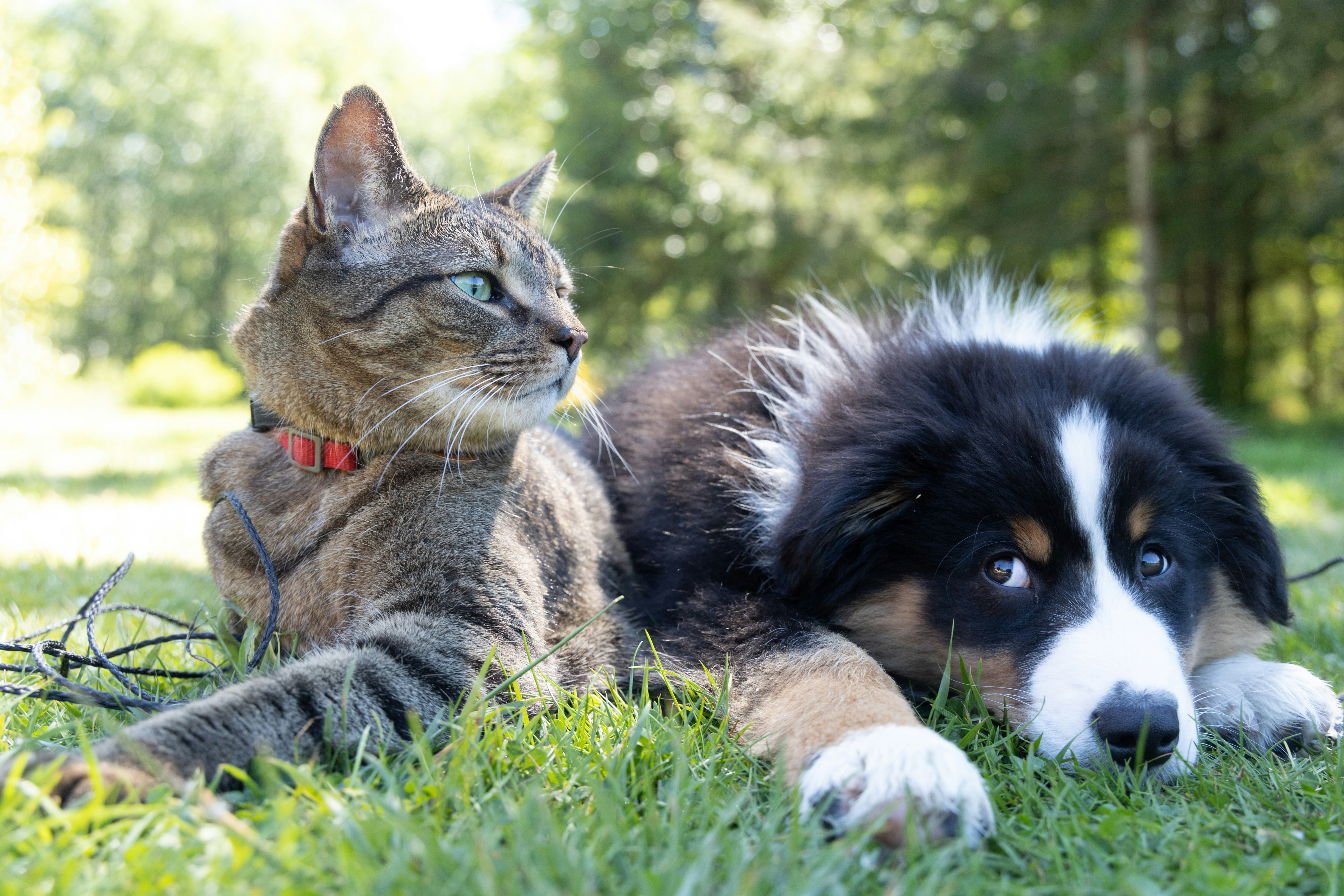
Four years ago, Pam Miller went to the home of a woman who was dying of cancer. The woman had lived a full life and was in home hospice care. She was no longer aware of her surroundings, which meant it was time for Miller to come for her cats. The cats were nervously hiding under couches, and Miller admits she felt sad taking them from the house before their owner passed. (Two days later, the woman died.) Miller took the cats to SAFE Haven For Cats, a Wake County nonprofit, non-euthanasia cat shelter and adoption agency she founded 23 years ago and has run since. Eight weeks after removing the cats, Miller reports with satisfaction, they were in new homes. Miller doesn’t want to think about what would have happened to the animals otherwise. “In a (traditional) animal shelter, the older cats, any cat with a medical issue, a cat that may not be quite perfect … most of the time they end up dying,” she says.
A recent article in The (Raleigh, NC) News Observer, “Providing for your pets after you’re gone,” explains that pet owners can include pets in their estate planning. Pam Miller, founder of a no-kill cat shelter and adoption agency, fulfilled a dying woman’s wishes when she brought two cats to her shelter just days before their owner passed away so that they could find new homes.
Caring for and finding new homes for the pets of the recently departed is something SAFE Haven does frequently, but there must be a plan and funds set aside. It takes planning and resources. Many folks make assurances that their pets will be cared for after their owners pass. After a loved one’s death, with so many things to do, it’s easy to forget about the pets.
Put a card in your wallet detailing how many pets you have and their location. It should include the contact info for your vet, a pet-sitter, and a trusted friend to whom you’ve spoken about caring for your pets if something unfortunate occurs. If you want to do this and leave a trust for your pets, speak with an estate planning attorney.
Pets can’t legally inherit money, but with a pet trust, the money is set aside for the care of the pet. After the pet dies, the remainder can be designated for a nonprofit.
Finding the right attorney means choosing an estate planning attorney who knows how to include pets in an estate plan and has experience doing so.
Here are some pointers for setting up a trust:
- Talk to an estate planning attorney who specializes in pet trusts, and make sure they are allowed in your state.
- Have your trust cover all pets in your lifetime, instead of separate trusts for each pet.
- Be detailed about the type of care you want for your pet, such as requiring that the new caregiver provide regular veterinary care.
- Figure out the amount of money needed to cover your pet’s needs and the amount of money needed to administer the trust.
- Choose a beneficiary for any funds not used by the pet trust, like a pet charity.
For more information about estate planning, please visit my estate planning website.
Reference: The (Raleigh, NC) News Observer (October 12, 2015) “Providing for your pets after you’re gone”


